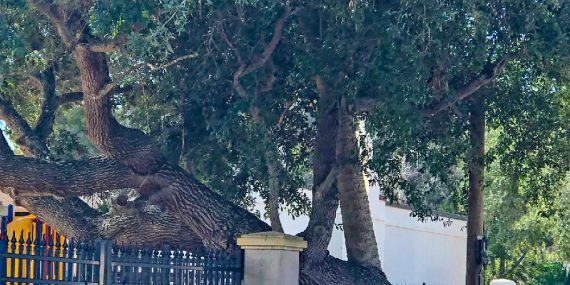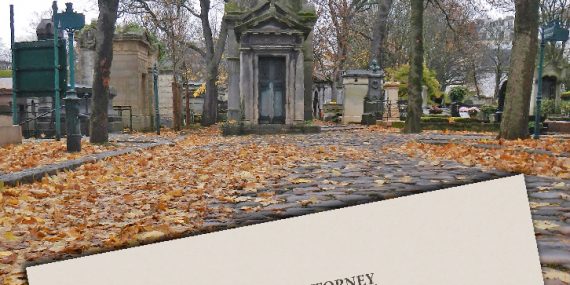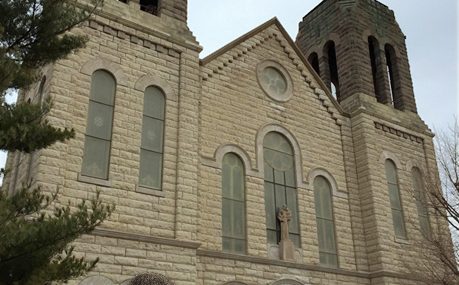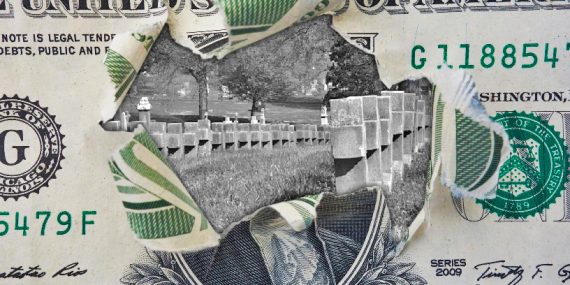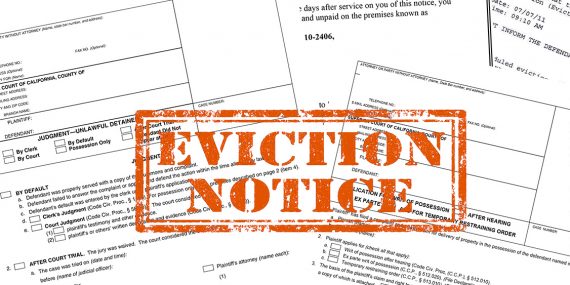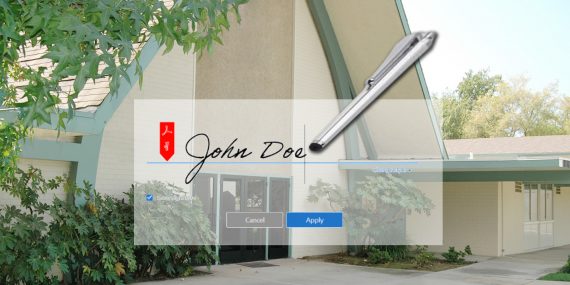Commercial Property Disclosures
First and foremost, to know which disclosures apply, we must define the difference between residential and commercial real property in California. Although most municipalities define the different types of properties in their zoning code, the general definitions used are essentially the same. Residential properties are generally those with one to four dwelling units, such as a single-family house or duplex. Although there are some nuances for mobile homes, and vacant land, for purposes of this article, commercial property is everything that is not residential property, including residential property consisting of […]


